Whether you’re a startup venturing into a new market, an established brand diversifying its product line, or a company aiming to scale up operations efficiently, understanding how to effectively manage the quality of outsourced production can be a game-changer. Let’s delve into the key considerations and practical steps that can empower you to maintain high standards and deliver exceptional products through contract manufacturing partnerships.
Researching and Evaluating Potential Contract Manufacturers
Researching and evaluating potential contract manufacturers is crucial to ensure the quality of the products produced. By doing so, you can minimize risks and find a reliable partner that meets your quality standards while offering other advantages such as cost-effectiveness.
When it comes to ensuring the quality of products produced by a contract manufacturer, consider the following factors:
- Manufacturing processes: Look for a manufacturer that has well-established processes and quality control systems in place. This will help ensure that the products meet the required standards and specifications.
- Consider equipment and materials: High-quality equipment and materials are essential for producing top-notch products. Make sure the contract manufacturer has access to modern and well-maintained machinery.
- Inquire about the source of their materials: By ensuring that the manufacturer has the right tools and materials at their disposal, you can minimize the risk of subpar finished products.
- Track record: Look for testimonials or case studies from their previous or current customers. This will give you insights into the level of satisfaction and quality they provide.
- Additional advantages: These include cost-effectiveness and the ability to scale production. By understanding their strengths and weaknesses, you can make an informed decision about which contract manufacturer to partner with.
What are the benefits of contract manufacturing?
Establishing Clear Quality Standards and Requirements
To ensure the quality of products produced by a contract manufacturer, you must establish clear quality standards, implement a robust quality management system, and involve the manufacturer in the product development process. By doing so, you can effectively monitor and control the manufacturing process, adhere to regulatory requirements, and ultimately deliver high-quality goods to your customers.
It’s crucial to clearly define the exact specifications and requirements for the goods manufactured by an external producer. This includes setting clear quality standards that outline the desired level of quality for the products. These standards should cover every aspect of the production process, from raw materials to the final product.
Involving an experienced contract manufacturer in the product development process can greatly contribute to ensuring quality. By collaborating closely with the manufacturer, you can receive clear guidance on quality requirements. This collaboration allows for early identification of potential quality issues and enables the contract manufacturer to make necessary adjustments to the manufacturing process.
Implementing a Comprehensive Quality Control Plan
A comprehensive quality control plan can act as a roadmap to achieve elevated product quality. It helps to identify potential areas of concern and implement appropriate measures to address them, thereby minimizing the risk of defective or subpar products.
To ensure the effectiveness of the quality control plan, it’s crucial to make it comprehensive and encompassing. This means including all relevant aspects such as raw material inspection, production line monitoring, product testing, and final inspection. Each of these components plays a vital role in guaranteeing the quality of the end products.
It’s important to establish a robust quality management system (QMS) to oversee the manufacturing process. In addition to defining quality standards, A QMS helps monitor and control the quality of the products at every stage of production. It includes procedures for quality assurance, such as regular inspections and audits, to ensure that the products consistently meet defined standards. Advanced quality control processes, such as statistical process control and six sigma methodologies, can also be incorporated into the QMS to further enhance the quality of products.
What types of industries typically use contract manufacturing?
Conducting Regular Audits and Inspections
Conducting regular audits and inspections is essential for maintaining the quality of the products. These allow you to identify potential issues or deviations from the quality systems in place. By conducting inspections, you can identify areas that may need improvement and take corrective actions promptly.
Communicating Effectively with the Contract Manufacturer
Maintaining open and effective communication with your contract manufacturer is essential for a successful partnership. By establishing clear lines of communication, you can ensure that both parties are aligned in terms of expectations, requirements, and timelines. Regular communication allows for the exchange of information, feedback, and updates, which are crucial for ensuring that the products produced by the contract manufacturer meet your standards of quality.
Regular updates and progress reports from the contract manufacturer can help you assess the level of quality being maintained and address any concerns or issues promptly. Effective communication also plays a significant role in ensuring high-quality products. By clearly communicating your expectations and requirements to the contract manufacturer, you can minimize the chances of misunderstandings or errors in the production process.
Testing and Validating Product Samples
Testing and validating product samples involves conducting a series of tests to assess their performance, functionality, and durability. These tests can vary depending on the nature of your products, but they should encompass key aspects such as functionality, safety, and compliance with industry standards.
Working closely with your contract manufacturer throughout the testing and validation process is essential. Communication is key to ensure that both parties are aligned on the desired quality standards and testing procedures. Moreover, regularly sharing feedback and discussing issues or concerns that arise during the testing phase will help streamline the production process and ensure that any necessary adjustments are made.
How does the contract manufacturing process work?
Monitoring and Tracking Key Performance Indicators
Key performance indicators (KPIs) provide valuable insights into the progress of your business and enable you to make data-driven decisions to ensure the production of high-quality products. By closely monitoring and tracking these KPIs, you can visualize the performance of the contract manufacturer and the quality of the products being produced.
Important KPIs to monitor include:
- Defect rate: This measures the number of defective products. By tracking the defect rate, you can identify quality issues and take corrective actions to address them. Additionally, monitoring the defect rate over time can help you evaluate the effectiveness of improvements and ensure that high-quality products are constantly produced.
- On-time delivery rate: By monitoring this KPI, you can ensure that the contract manufacturer is meeting their production deadlines and delivering products according to your specifications. Consistently tracking the on-time delivery rate can help you identify potential delays or issues early on and take proactive measures to prevent them.
- Customer satisfaction: Ensuring that customers are satisfied with the quality of the products is crucial for the success of your business. This can be measured through customer feedback, reviews, and surveys. By tracking customer satisfaction, you can identify areas of improvement and work closely with the contract manufacturer to address issues promptly.
Developing a Long-Term Partnership with the Contract Manufacturer
Establishing a strong and lasting partnership with your contract manufacturer is essential to foster mutual growth and success in your business. When looking for a potential partner, it’s important to consider more than just the price they offer. While cost is a significant factor, it shouldn’t be the sole determining factor. By fostering a culture of transparency and open communication, you can build a long-term partnership based on trust and mutual growth. This will ultimately lead to a stronger supply chain and consistent delivery of high-quality products.
Partner with a Trusted Contract Manufacturer
At Alpha Contract Manufacturing, we provide the best contract manufacturing services and quality control procedures to ensure the optimal quality level of all our production lines. We can collaborate on your supply chain management, identifying areas for improvement and implementing a wide range of strategies to increase operational efficiency.







